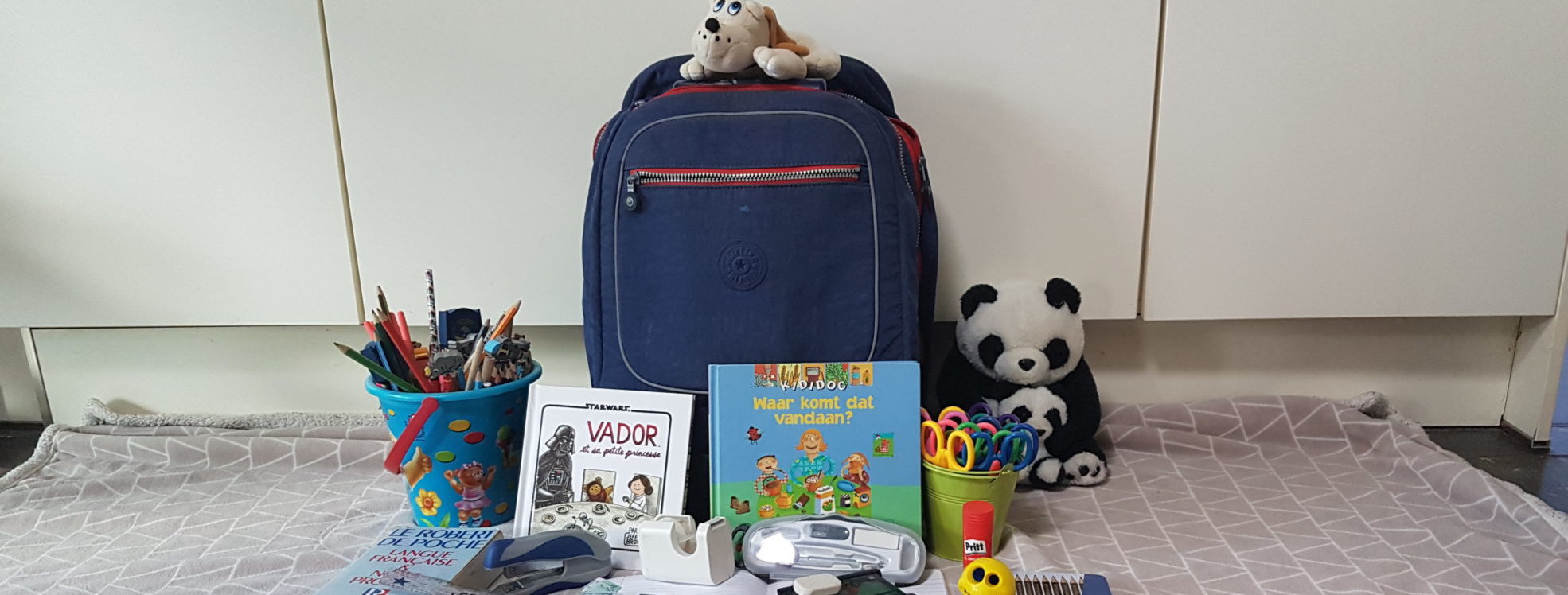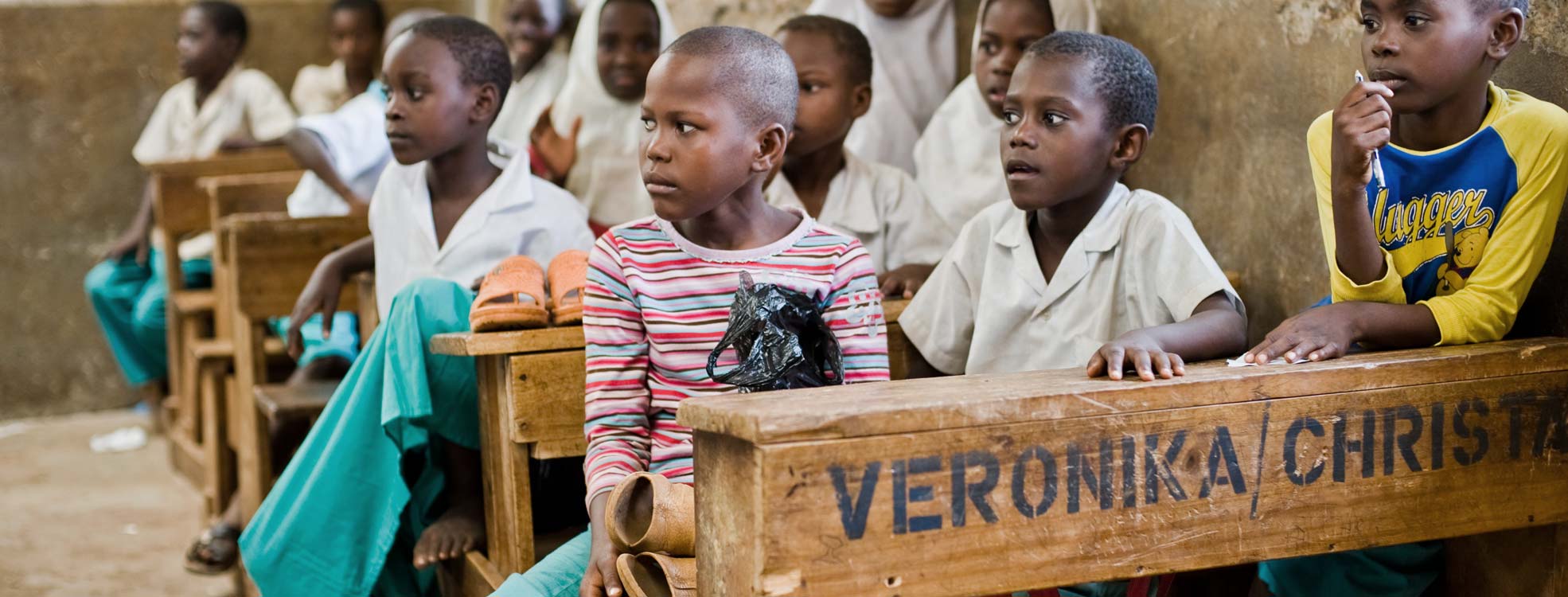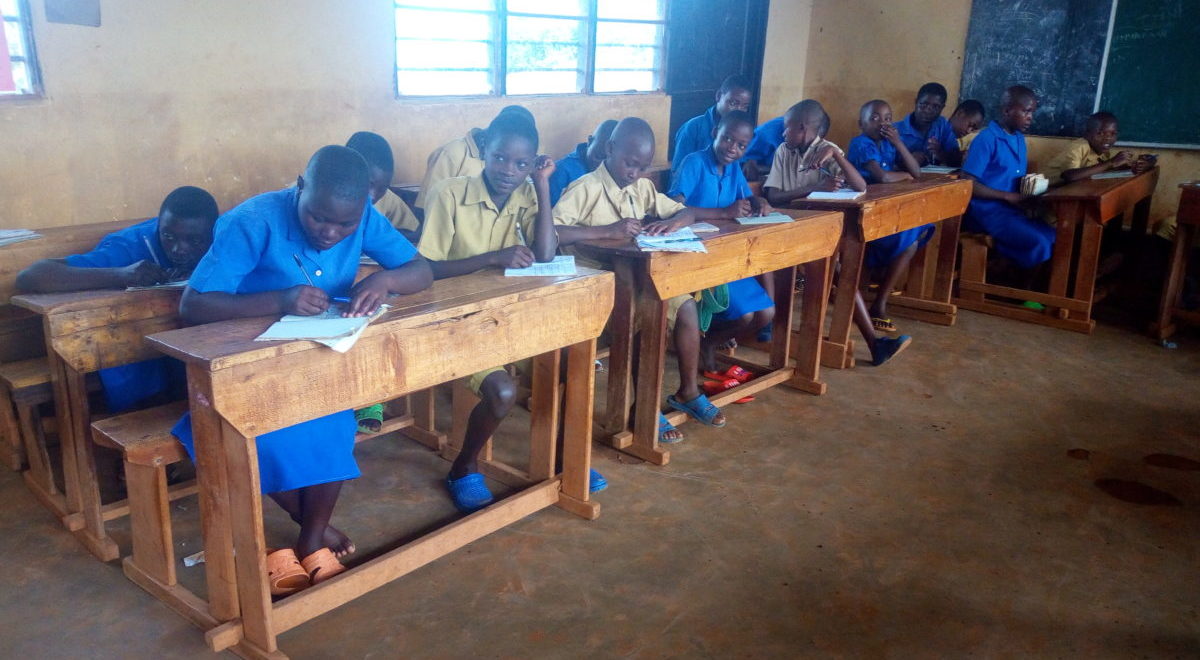Many children in third world countries do not have access to school due to extreme poverty: parents cannot pay school fees (registration fees, purchase of equipment basic school: notebooks, pencils, erasers, pens, laths, compasses, uniforms often required to limit inequalities …).
However, we find that in Belgium there is a waste of school materials: pencils, erasers and half-used notebooks are easily found in the trash, while they could allow a child to go to school!
It is in a fun atmosphere that the children of the world show solidarity to promote the right of every child to education.
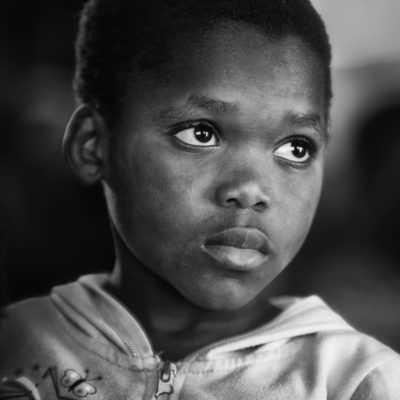
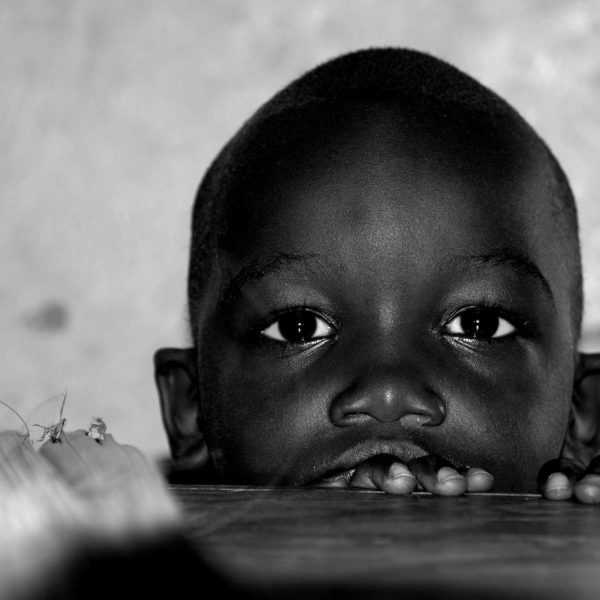
Article 26 of the Universal Declaration of Human Rights of December 10, 1948
1. Everyone has the right to education. Education shall be free, at least in the elementary and fundamental stages. Elementary education shall be compulsory. Technical and professional education shall be made generally available and higher education shall be equally accessible to all on the basis of merit.
2. Education shall be directed to the full development of the human personality and to the strengthening of respect for human rights and fundamental freedoms. It shall promote understanding, tolerance and friendship among all nations, racial or religious groups, and shall further the activities of the United Nations for the maintenance of peace.
3. Parents have a prior right to choose the kind of education that shall be given to their children
Principle 7 of the Declaration of the Rights of the Child of November 20, 1959
The child is entitled to receive education, which shall be free and compulsory, at least in the elementary stages. He shall be given an education which will promote his general culture and enable him, on a basis of equal opportunity, to develop his abilities, his individual judgement, and his sense of moral and social responsibility, and to become a useful member of society.
The best interests of the child shall be the guiding principle of those responsible for his education and guidance; that responsibility lies in the first place with his parents.
The child shall have full opportunity for play and recreation, which should be directed to the same purposes as education; society and the public authorities shall endeavour to promote the enjoyment of this right.

